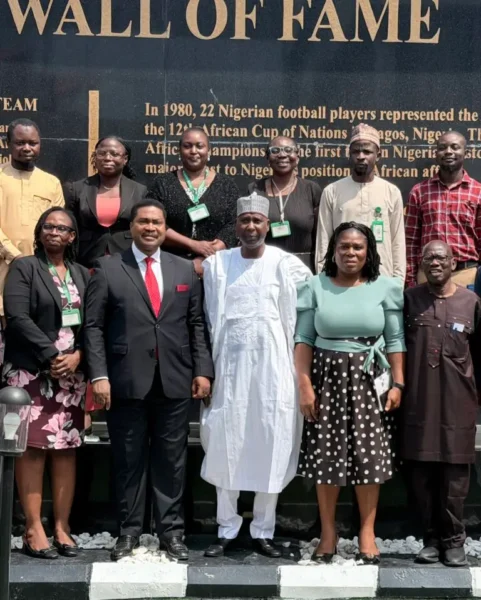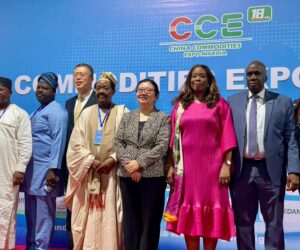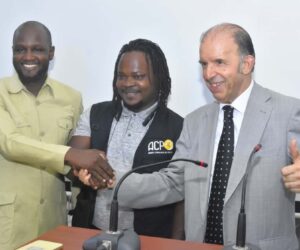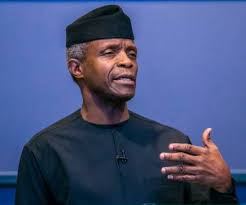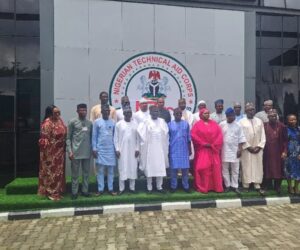By Busayo Onijala
Former Nigerian Permanent Representative to the United Nations and 74th President of the General Assembly, Prof Tijjani Muhammad-Bande, says the UN remains central to global governance.
He noted that in spite of criticism, the UN still provides a framework for peace, security, human rights and sustainable development shaping international order.
Muhammad-Bande spoke on Wednesday at a foreign policy lecture organised by the Nigerian Institute of International Affairs (NIIA) in Lagos.
Delivering a lecture on ‘Relevance of the United Nations in the World Order’, he stressed that multilateralism underpins global stability and cooperation.
According to him, there is hardly any sphere of relations among states the UN has not engaged with, as its documents shape global norms.
He said the UN Charter remains a moral and institutional guide for peace, security, human rights and social progress.
He added that UN organs and agencies reflect humanity’s collective conscience through peacekeeping, rights promotion and pursuit of sustainable development goals.
Muhammad-Bande acknowledged challenges within the system, including disproportionate influence of powerful states, especially in the Security Council.
This, he said, strengthens calls from Africa and developing nations for Council reform to ensure greater representation and equity.
He urged unity, justice and effective foreign policy to tackle climate change, trade issues and military rule in Africa.
“We must stay calm to avoid catastrophe because we owe future generations protection and stability,” he said.
Also, Amb. Bolaji Akinremi, Director of Trade and Investment at the Ministry of Foreign Affairs, said the UN remains a symbol of global aspiration for peace and development.
He delivered remarks on behalf of Prof Bolaji Akinyemi, former Minister of Foreign Affairs and NIIA Governing Council Chairman.
Akinremi said amid power rivalry, shifting alliances and technology, UN adaptability is crucial to global stability.
For Nigeria, he stressed, the UN remains vital for defending national interests and contributing to global solutions.
“The UN, in spite of imperfections, is essential for dialogue, diplomacy and justice,” he added.
He said foreign policy can no longer be the exclusive domain of diplomats and academics.
The public, he noted, must understand and support national foreign policy, as bridging diplomacy and citizens is a key modern challenge.
In his welcome address, Prof Eghosa Osaghae, NIIA Director-General, said the UN remains central to multilateral diplomacy and Nigeria’s foreign policy.
Represented by Prof Chinasa Ohiri, a Research Fellow at NIIA, he said global crises have prompted doubts about the UN’s ability to shape a fair world order.
He highlighted Nigeria’s role since joining the UN in 1960, from peacekeeping missions to advocating reforms and development interests.
“We have consistently called for Security Council reform to make it more inclusive and representative,” he said.
He acknowledged the UN’s constraints, including limited enforcement capacity and competing interests of powerful states.
Osaghae asked how the UN can stay relevant in a rapidly changing world and what reforms are required for continued legitimacy.
He reaffirmed the NIIA’s commitment to fostering dialogue, shaping policy thinking and strengthening Nigeria’s global influence. (NAN)
Edited by Kamal Tayo Oropo

